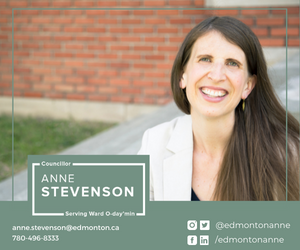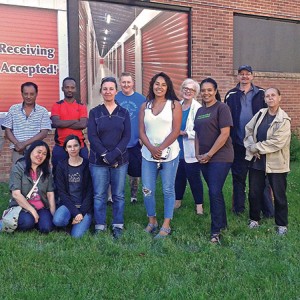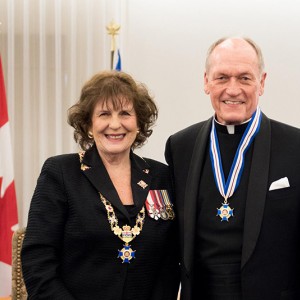Healing and Remembrance Service Includes Indigenous Ceremony

The third annual Healing and Remembrance Service on November 10 was simpler this year due to scheduling issues and a large conference. Nevertheless, about a dozen people gathered together in candlelight to remember the affects of war or conflict. The evening commenced with me, Sharon Pasula, Oskapewis/Indigenous Cultural and Educational Helper for the Diocese of Edmonton, Anglican Church, giving remarks about the participation of Indigenous people in the military. She informed the circle that historically when status Indigenous people enlisted they lost their status according to the Indian Act. This meant that when they returned from war, they had no “status benefits” and could not live on the reserve. The Indian Act said if a person leaves the reserve for four years they are no longer considered an “Indian” and cannot live there. Furthermore, they did not receive veterans benefits like non-Indigenous veterans did. It was a multiple hardship for Indigenous veterans. I then passed around a smudge and offered a prayer.
A couple of Bible readings and a Litany of Peace followed. Individual offerings of prayer were expressed then a blessing. A light reception concluded the half-hour service. Partnering with the event was the Edmonton Interfaith Centre for Education and Action and the University of Alberta’s Interfaith Chaplains’ Association. The event was hosted by Trinity Lutheran Church and Holy Trinity Anglican Church. Special thanks to Stephen (Sticks) Gallard, Rev. Ingrid Cramer-Doerschel of Trinity Lutheran, and Rev. Dr. Chris Pappas of Holy Trinity Anglican Church.






